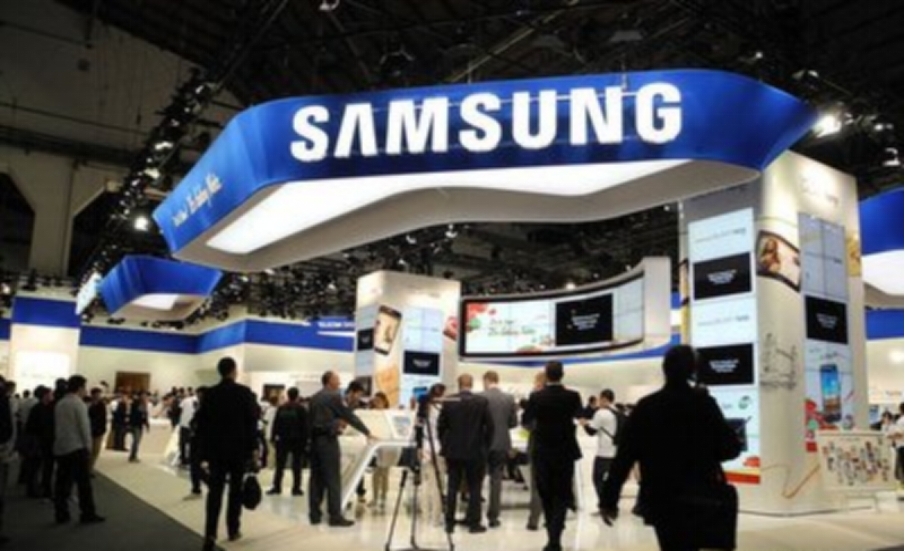
In the vast starry sky of the technology industry, Samsung Electronics (005930.KS) is undoubtedly a bright star, whose light has illuminated the night sky of the entire industry countless times. However, a piece of news on October 8 was like a cloud, quietly obscuring part of the brilliance of this giant star. According to Reuters, Samsung Electronics announced an operating profit forecast of only 9.1 trillion won ($6.78 billion) in the third quarter, although the figure was nearly four times the growth of the same period last year, but failed to meet the consensus expectations of market analysts, let alone compared with its own brilliant last quarter. The announcement of this performance not only triggered a shock to the market, but also made Samsung, a technology giant, a rare apology for its backward position in the artificial intelligence chip market, and the deep reasons behind it and the future challenges are worthy of our in-depth analysis and critical examination.
First of all, from the digital level, Samsung's operating profit in the third quarter achieved a substantial increase, but failed to cross the threshold of market expectations, which is undoubtedly a challenge to its market judgment and execution. The LSEG SmartEstimate predicted a value of 10.3 trillion won, but the actual gap not only reflects the shortcomings of Samsung's internal management, cost control and marketing strategy, but also indicates that its flexibility and sensitivity in responding to industry changes need to be improved. What is more serious is that this result directly led to the decline of Samsung's share price, further aggravating investors' worries and sounding the alarm for the company's market value management.
What is particularly striking is that Samsung's failure in the artificial intelligence server chip market has become an important driver of this performance that has not met expectations. As the world's largest maker of memory chips, smartphones and TVS, Samsung's dominance in the field of memory chips is unassailable, but its performance in the emerging field of artificial intelligence chips is weak. The gap with rival SK Hynix not only exposes Samsung's lag in technological innovation and product research and development, but also highlights its slow response in the face of new market trends. The apology of Yang Hyun-joon, vice chairman of Samsung Electronics' device solutions division, is sincere, but it cannot hide the company's lack of technological competitiveness and sense of crisis.
Samsung's performance woes are also tied to its over-reliance on the market for commodity chips in PCS and smartphones. The downturn in this market has directly affected Samsung's revenue and profit performance. In today's rapidly changing technology industry, over-reliance on a certain market or a few markets undoubtedly increases the operational risk of enterprises. Samsung's current situation is not only a criticism of its market layout strategy, but also a question of its risk management ability. In the face of market changes, Samsung needs more flexible and diversified market strategies to diversify risks and grasp new growth points.
In response to the "chip crisis," Samsung abruptly replaced the head of its semiconductor division in May this year, handing over the REINS to Chun Young-chul. Although this measure shows Samsung's determination and action to deal with the crisis to a certain extent, it remains to be seen whether it can really solve the deep-seated problems facing the company. The change of management may be able to boost morale and optimize resource allocation in the short term, but if it can not fundamentally solve the problem of insufficient technological innovation and single market layout, then such a change can only be a symptom rather than a cure.
In the face of the performance of the Waterloo and the market's doubts, Samsung's future road is undoubtedly full of challenges. But challenges often go hand in hand with opportunities. Samsung needs to deeply reflect on its shortcomings in technological innovation, market layout and risk management, and take practical and effective measures to improve them. Specifically, Samsung should increase research and development investment in cutting-edge fields such as artificial intelligence and Internet of Things to enhance technological competitiveness; At the same time, actively expand new market areas, reduce dependence on the single market; In addition, internal management should be strengthened to optimize resource allocation and improve operational efficiency. Only in this way can Samsung maintain its leading position in the fierce market competition and continue to write a brilliant chapter.
Samsung Electronics' underperformance is not only a test of its operating results in the past period, but also an interrogation of its future development potential. In this ever-changing technology era, Samsung needs to be more aware of its own strengths and weaknesses, and meet future challenges and opportunities with a more determined pace and more flexible strategy. We expect Samsung to emerge from its current difficulties and shine brightly again. But before that, critical examination and deep reflection on its current situation are undoubtedly essential.

Recently, according to Al Jazeera, Israel has recently carried out a new round of air strikes on the Gaza Strip, killing about 100 Palestinians, including women and children.
Recently, according to Al Jazeera, Israel has recently carr…
On November 3rd local time, the Foreign Minister of Peru, U…
Recently, TSMC, the leading wafer foundry, stated that it w…
Amazon recently filed a complaint with the Oregon regulator…
In October 2025, the US credit market witnessed a surge of …
When the London gold spot price fell from a high of $4038.9…